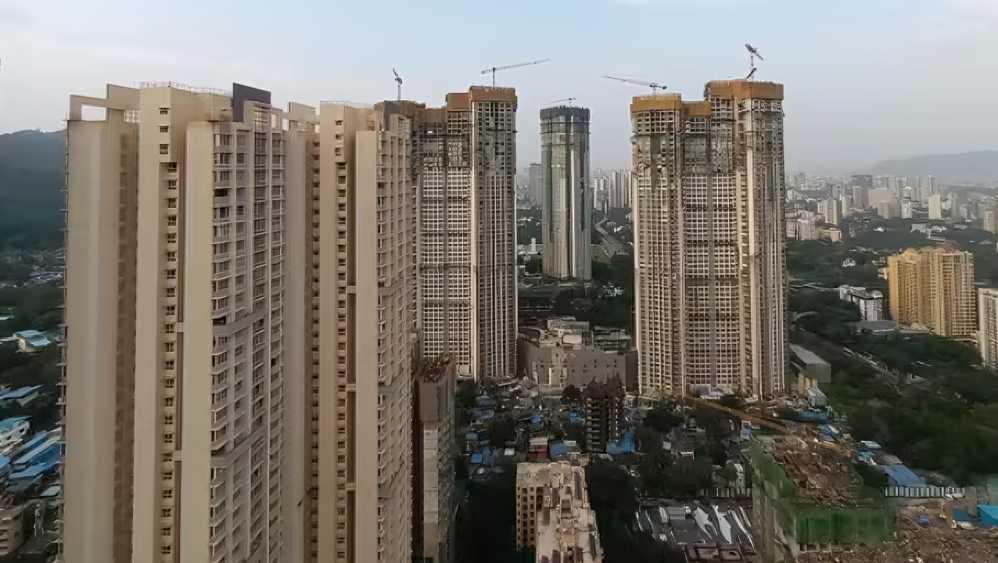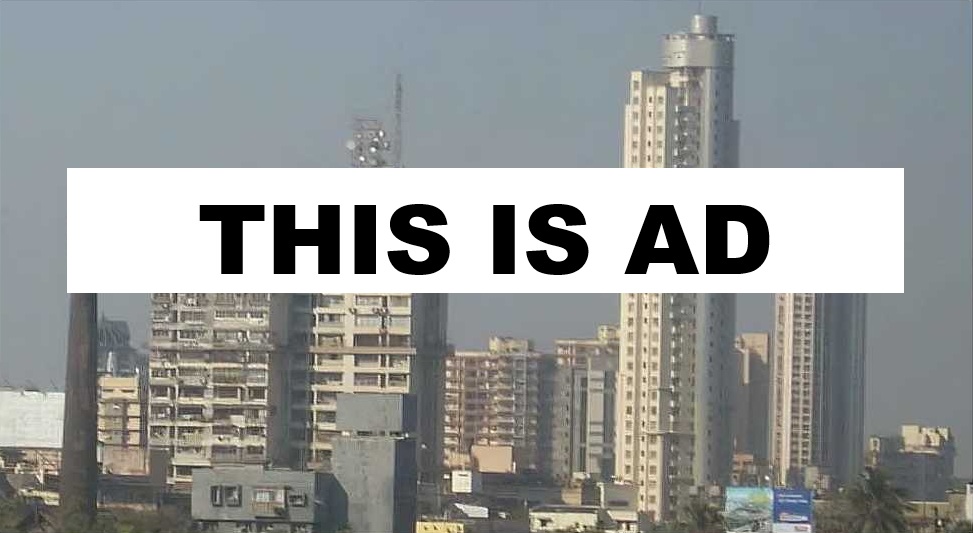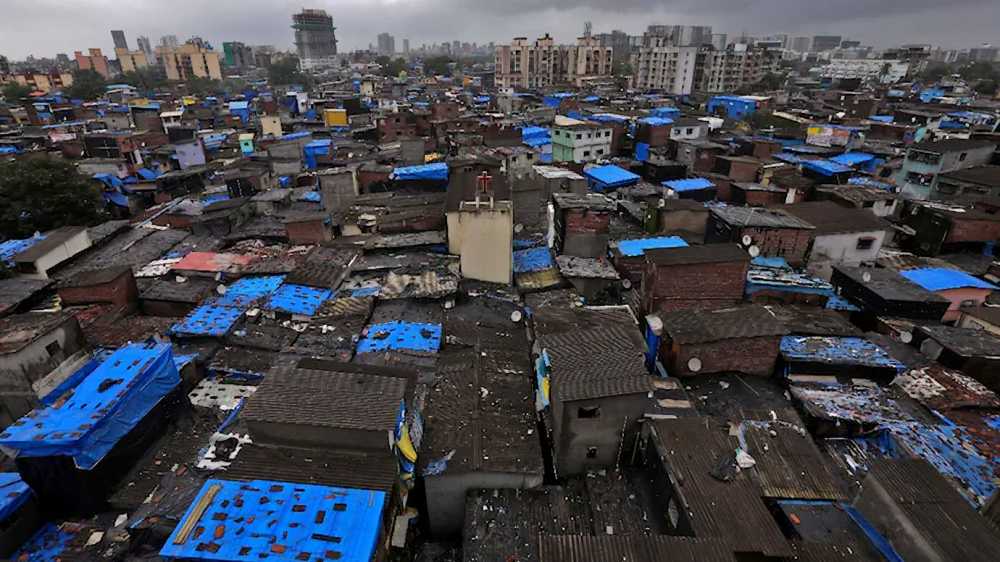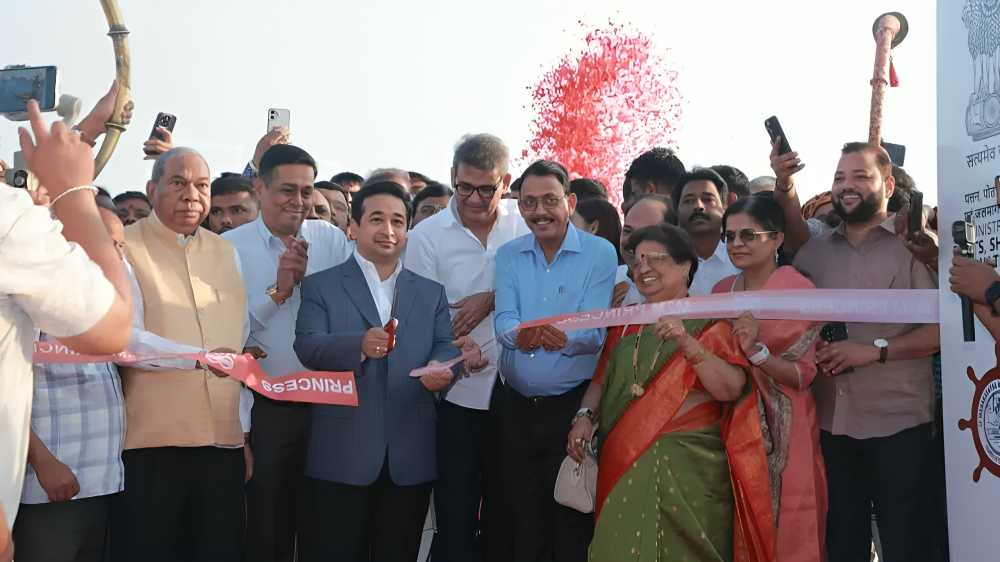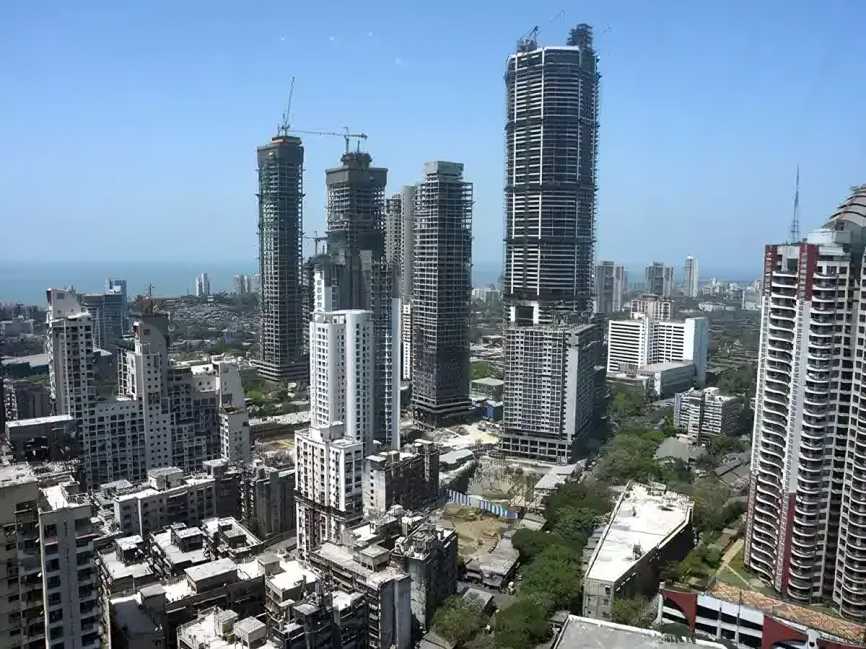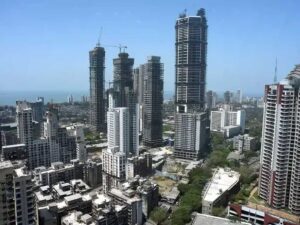September 15, 2025: A co-operative housing society in Dahisar, which embarked on redevelopment in 2013, continues to grapple with delays, broken promises and financial strain more than a decade later.
The project began with assurances of 40% additional space for homeowners, delivery within three years and rent for temporary accommodation. But within a year, the developer stopped paying rent, forcing residents to bear the costs themselves. By 2016, citing financial troubles, the developer reduced the offer to 20% extra area. After Demonetisation, progress stalled altogether. In 2018, the developer admitted defeat, leaving the society to secure a replacement. Only in 2023 did a new builder take over, resuming work in 2024 with a drastically reduced offer of just 10% additional space.
“We have lost not only the promised 30% extra area but also ten years of rent payments and countless hardships,” a resident told HT.com.
Industry experts argue that unrealistic expectations are partly to blame. Gulam Zia, Senior Executive Director at Knight Frank India, said: “Deals offering over 100% additional space are not sustainable outside premium markets. In areas priced below Rs 40,000 per sq ft, developers cannot share more than 30–35% of the built-up area with societies.”
A recent Knight Frank report found that redevelopment will add 44,277 new flats worth Rs 1.3 lakh crore to Mumbai’s housing stock by 2030, generating over Rs 14,000 crore in stamp duty and GST. Borivali, Andheri and Bandra emerged as the top redevelopment hotspots, while South Mumbai lags due to legacy tenancies and higher entry costs.
Developers caution that societies often prioritise higher rent and additional area over credibility and execution. “Choosing a builder on figures alone can turn into a lifetime regret,” said Sharan Babani of Satguru Builders, noting that delays, poor layouts and compromised quality are frequent consequences.
Source: Hindustan Times




